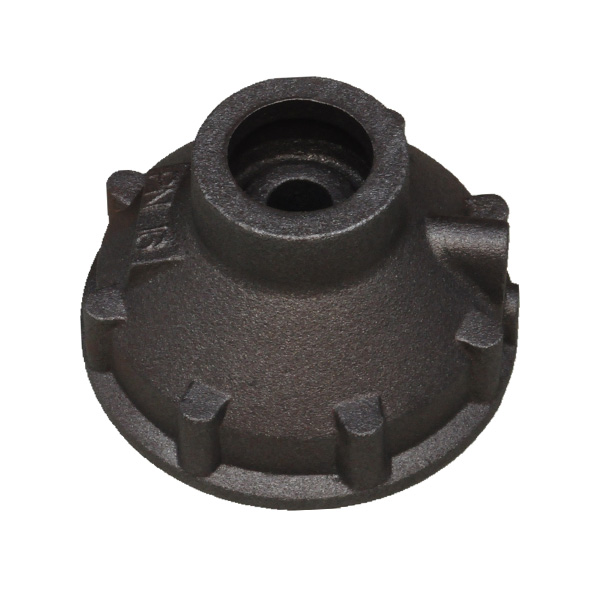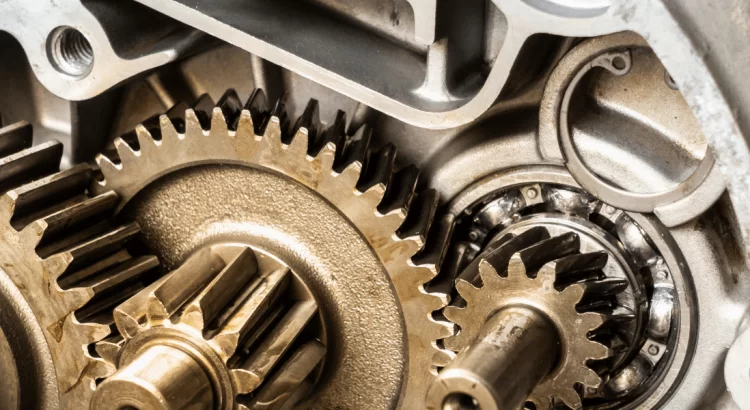Mobile:+86-311-808-126-83
Email:info@ydcastings.com
Gen . 09, 2025 11:27
Back to list
impeller on pump
Selecting the right impeller for a pump is crucial for ensuring optimal performance and longevity of the equipment. An impeller is the rotating component within the pump that transfers energy from the motor to the fluid being pumped. Understanding the intricacies of impeller design and its impact on pump performance is essential for both industrial applications and everyday uses.
Innovations in impeller technology continue to emerge, focusing on enhancing efficiency and reducing energy consumption. Computational Fluid Dynamics (CFD) is now widely used in the design process to fine-tune the impeller's shape and angle, achieving higher efficiencies and tailored performance. Variable speed drives are also being integrated with modern pumps, allowing for dynamic adjustments to impeller speed in response to changing system demands, thereby optimizing energy use and reducing operational costs. Lastly, consulting with manufacturers or experts can provide invaluable insights into selecting the right impeller. They offer specialized knowledge and can recommend solutions that are both effective and cost-efficient. The expertise from manufacturers also ensures that the selections meet industry standards and specific application needs, reinforcing both authority and trustworthiness in the chosen product. In any application, understanding the role and selecting the appropriate impeller is vital. With the right knowledge and expert guidance, users can significantly enhance the efficiency, reliability, and lifespan of their pumping systems.


Innovations in impeller technology continue to emerge, focusing on enhancing efficiency and reducing energy consumption. Computational Fluid Dynamics (CFD) is now widely used in the design process to fine-tune the impeller's shape and angle, achieving higher efficiencies and tailored performance. Variable speed drives are also being integrated with modern pumps, allowing for dynamic adjustments to impeller speed in response to changing system demands, thereby optimizing energy use and reducing operational costs. Lastly, consulting with manufacturers or experts can provide invaluable insights into selecting the right impeller. They offer specialized knowledge and can recommend solutions that are both effective and cost-efficient. The expertise from manufacturers also ensures that the selections meet industry standards and specific application needs, reinforcing both authority and trustworthiness in the chosen product. In any application, understanding the role and selecting the appropriate impeller is vital. With the right knowledge and expert guidance, users can significantly enhance the efficiency, reliability, and lifespan of their pumping systems.
Next:
Latest news
-
Why Should You Invest in Superior Pump Castings for Your Equipment?NewsJun.09,2025
-
Unlock Performance Potential with Stainless Impellers and Aluminum End CapsNewsJun.09,2025
-
Revolutionize Your Machinery with Superior Cast Iron and Aluminum ComponentsNewsJun.09,2025
-
Revolutionize Fluid Dynamics with Premium Pump ComponentsNewsJun.09,2025
-
Optimizing Industrial Systems with Essential Valve ComponentsNewsJun.09,2025
-
Elevate Grid Efficiency with High-Precision Power CastingsNewsJun.09,2025
Related PRODUCTS











